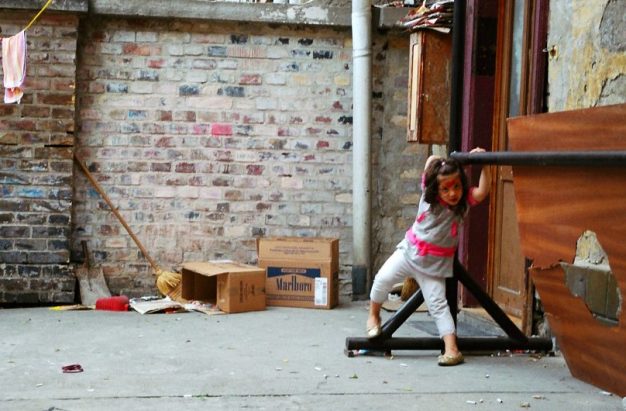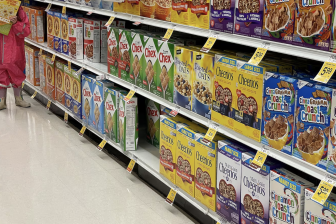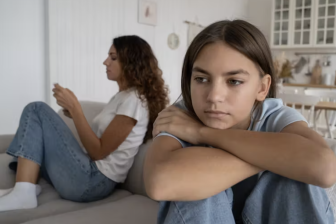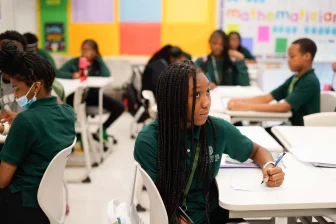
Families hardest hit as UK food bank use ‘surges’ during lockdown
The COVID-19 pandemic has led to more people using UK food banks for the first time, with families with children being the hardest hit, says a new report.
And the problem is set to get worse this winter, with the likelihood of two-thirds more people having to resort to use food banks across the nation.
The Trussell Trust charity, which links more than 1,200 food bank centres in the UK, is warning that with mass unemployment being predicted there will be further rises in poverty. It expects around 670,000 additional people will be classed as ‘destitute’ by the end of 2020, unable afford essential services and items like housing, energy costs and food.
846,000 food parcels will be handed out this winter
Its report is based on analysis by Heriot-Watt University, supported by the National Institute of Economic and Social Research, which shows that such a demand would equate to 846,000 food parcels being handed out to struggling families in the UK’s cities, towns and villages.
But, says the charity, the situation could be turned around, as has been shown by the government’s swiftly-introduced policies to protect jobs and incomes at the start of the lockdown. But with these schemes now having ended or due to soon, urgent action is again required.
Emma Revie, Chief Executive of the Trussell Trust, said: “Communities throughout the country have shown enormous resilience in helping more people than ever before. But food banks and other community charities cannot continue to pick up the pieces. None of us should need a charity’s help to put food on the table.
‘Further catastrophic rises in poverty’
“Our research finds that Covid-19 has led to tens of thousands of new people needing to use a food bank for the first time. This is not right. If we don’t take action now, there will be further catastrophic rises in poverty in the future.
“But it doesn’t have to be like this. The pandemic has exposed the power of what happens when we stand together in the face of adversity. We must harness this power to create the changes needed to prevent many more people being locked into poverty this winter.”
The charity says there should be no higher priority than preserving the lifelines that have saved many families from destitution through this pandemic. It points to this autumn’s budget and Comprehensive Spending Review as an opportunity to:
- Protect people’s incomes by locking in the £20 rise to Universal Credit brought in at the start of the pandemic
- Help people hold on to more of their benefits through the economic crisis by suspending benefit debt deductions until a fairer approach to repayments can be introduced
- Make local safety nets as strong as possible by investing £250m in local welfare assistance in England.
‘We must take this chance to weather the storm’
Emma Revie added: “With the furlough scheme set to wind down, we must act now to put in place protection for each other. The Budget and Comprehensive Spending Review present a pivotal opportunity to put things right. We must take it to help us weather the storm left in the wake of Covid-19.”
In March the government announced a package of measures intended to help families and individuals affected by redundancies and furloughing imposed by employers. It committed to paying the wages of employees unable to work due to the coronavirus pandemic, worth 80 per cent of salary for staff who are kept on by their employer, covering wages of up to £2,500 a month. But having already been extended once, it is due to stop at the end of October.



